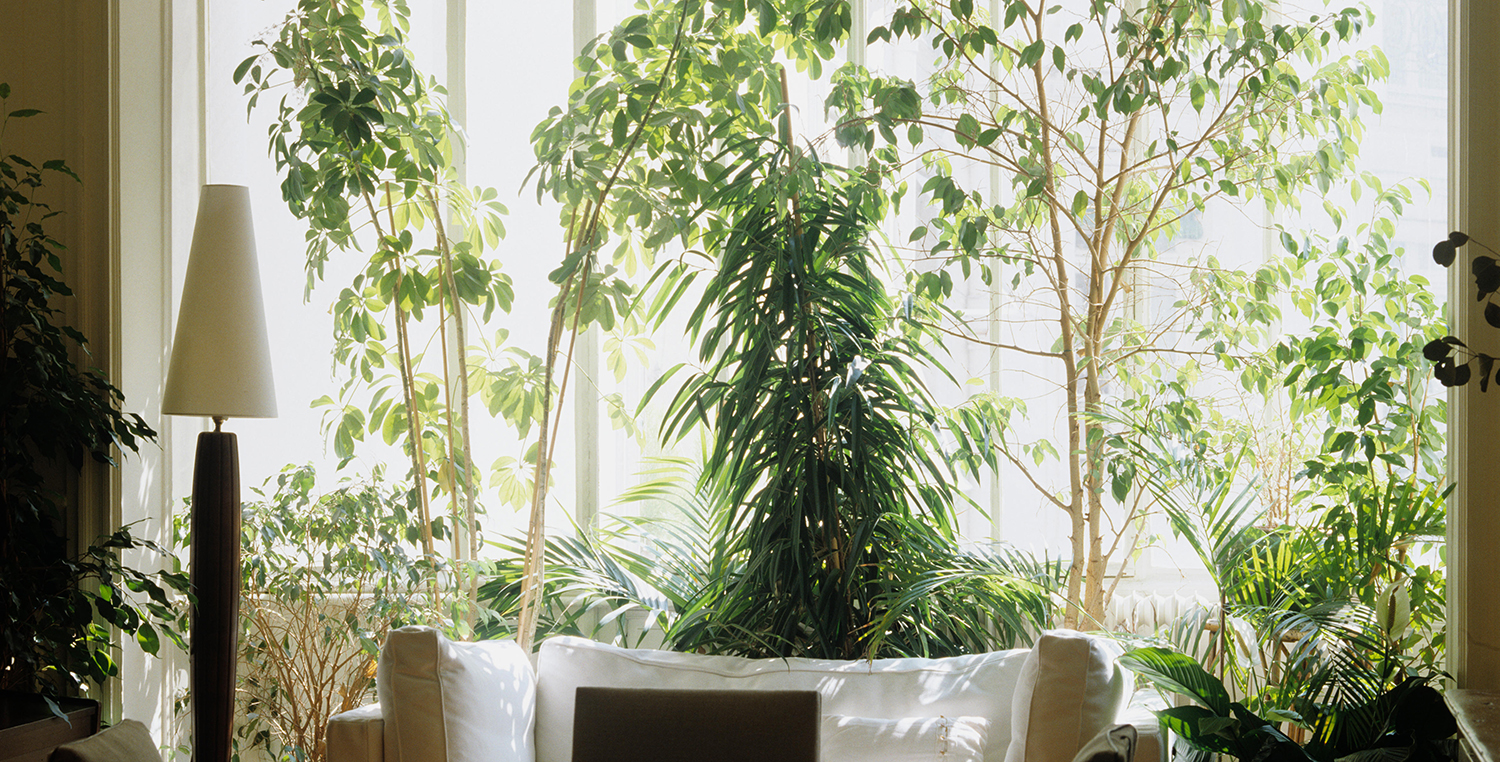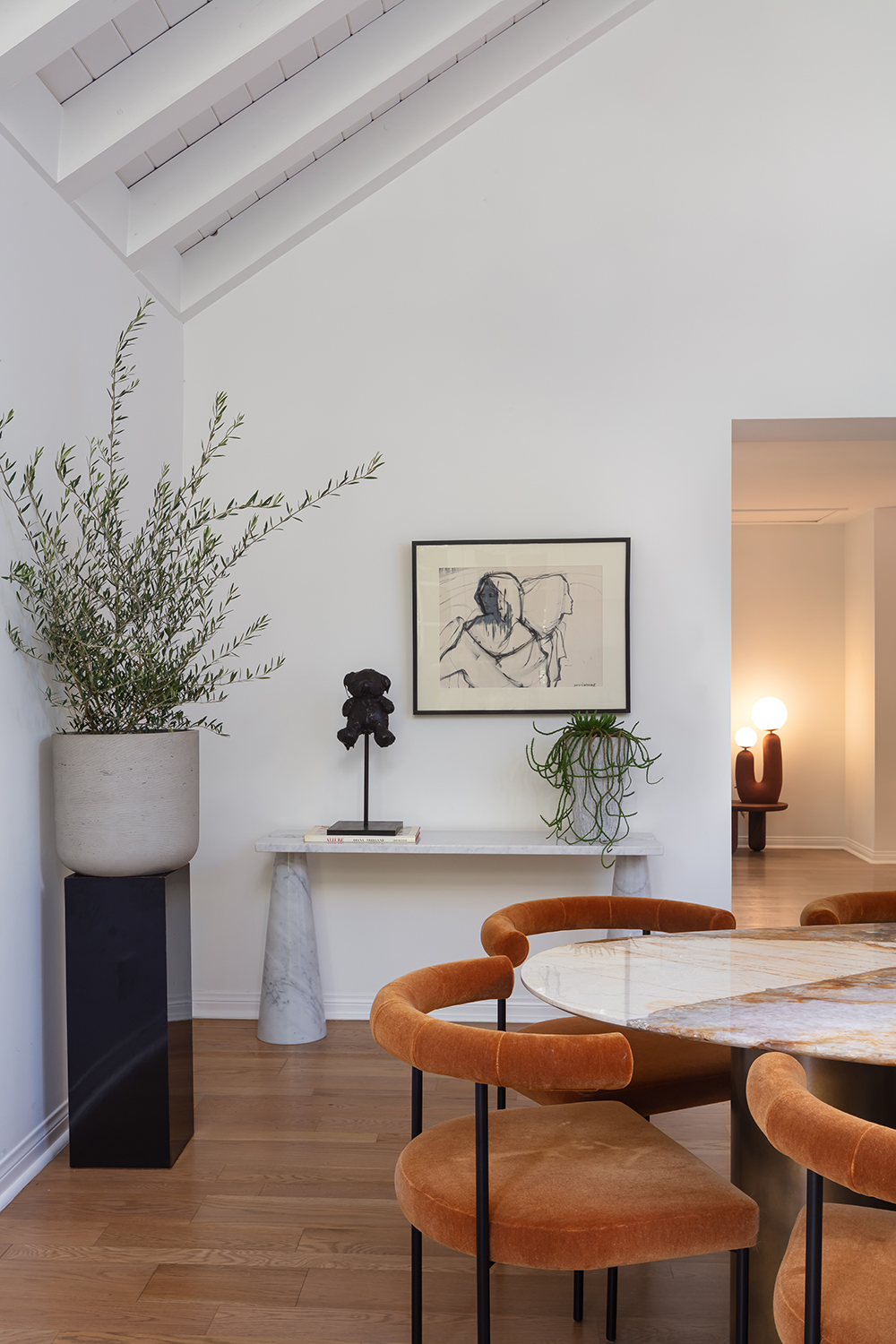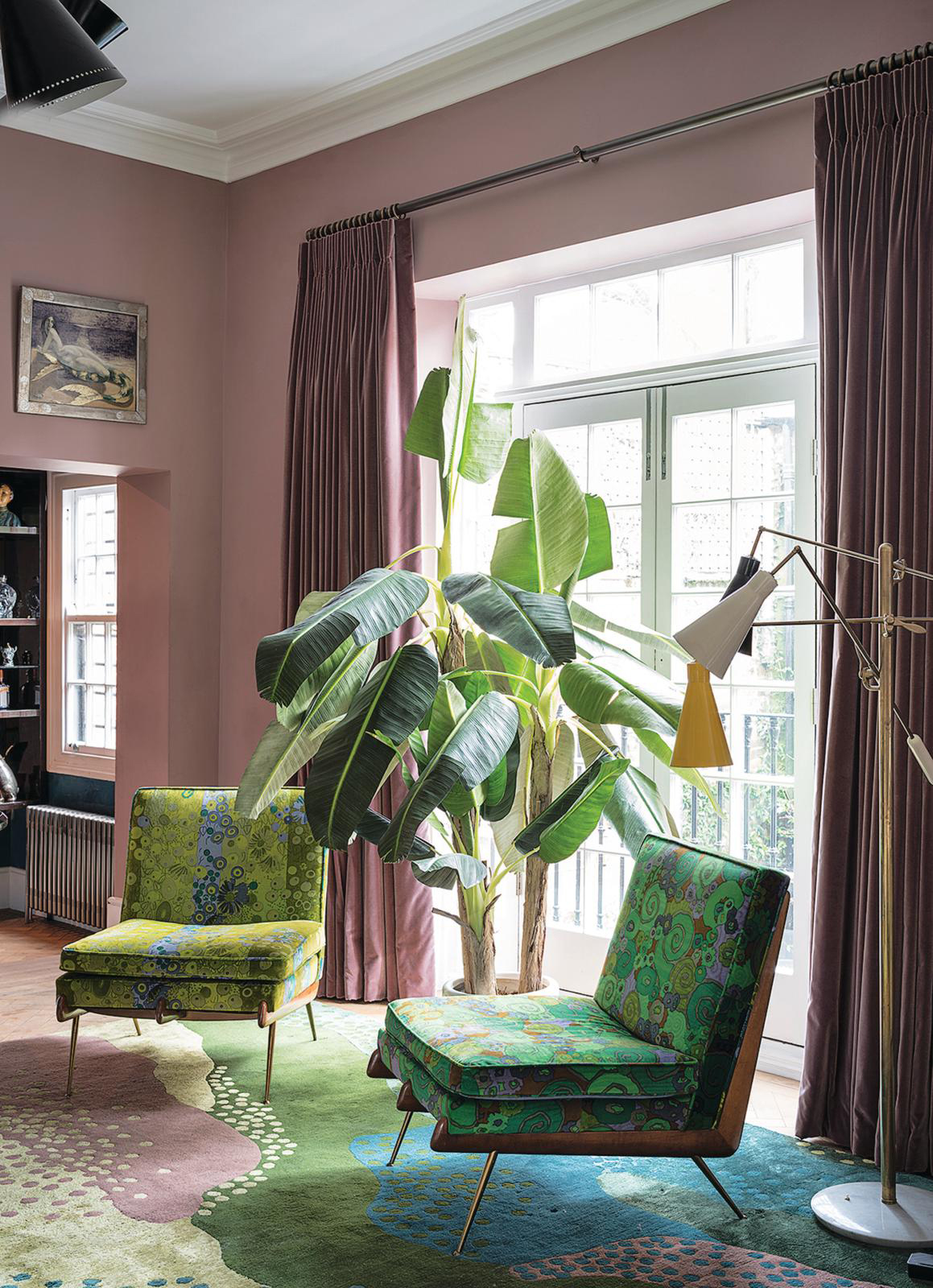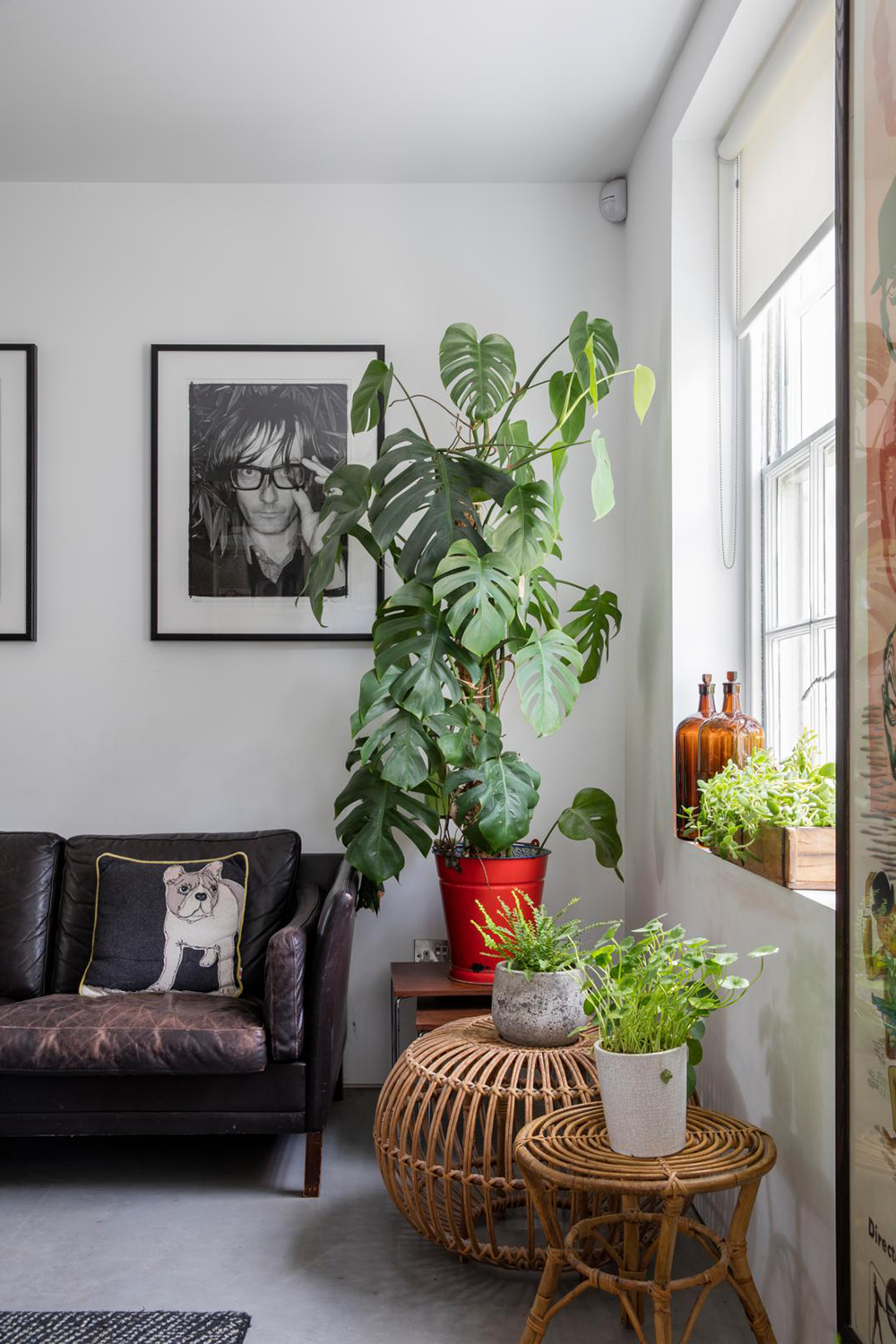
The Livingetc newsletters are your inside source for what’s shaping interiors now - and what’s next. Discover trend forecasts, smart style ideas, and curated shopping inspiration that brings design to life. Subscribe today and stay ahead of the curve.
You are now subscribed
Your newsletter sign-up was successful
When I discovered how to use neem oil for plants it was almost too late. Like so many in the first lockdown, we'd gone big on houseplants - a new hobby that has grown (double meaning intended) into a massive interior design trend.
But while we're seeing some of the most elegant homes now feature trees in pots, and the reedy shapes of ficus and avocado plants appearing in many of the world's most beautiful architectural spaces, there is more to caring for them than simply watering every now again.
For our house plant collection was almost decimated by an infestation of little white bugs. They totally ate our Jade plant and left our Chinese Money plant looking like it had almost used up its overdraft. Thankfully, using neem oil as an organic bug spray contained the infestation saved the rest of our foliage. Neem is an ideal solution - not only does it work effectively but it's safe to spray on plants that household pets might then be sniffing round.
Neem is also used for treating rust, black spot, mildew and leaf spot - anything that stops your plants looking as good as you want them to.
How to use neem oil for plants

1. Buy some neem oil and a spray bottle
Neem oil is an inexpensive way keep houseplants bug free, and while you won't find it in your average grocery store, it's easy to get online.
Amazon has a wide selection of Neem oils - I used the Naissance Virgin Neem oil. It comes in a fairly large bottle and should last you at least a year, depending on how big your plant collection is, of course. You will also need a spray bottle.

2. Mix the neem oil with water and soap
Neem oil is a really concentrated liquid, extracted from the neem tree, which is indigenous to India. And a little bit goes a long way.
The Livingetc newsletters are your inside source for what’s shaping interiors now - and what’s next. Discover trend forecasts, smart style ideas, and curated shopping inspiration that brings design to life. Subscribe today and stay ahead of the curve.
Fill your spray bottle with water, adding a tiny squirt of dish soap and about one cap full of neem oil. Neem doesn't mix well with water, so the detergent will help them come together.
3. Spray your plants and their soil
Lightly mist your plants with neem spray every two to three days if you already have an infestation you're trying to get rid of, or once a week if you're being strictly preventative.
Make sure to spray each leaf, and the surface of the soil in the plant pot. Bugs can travel easily from one houseplant to another, so don't just spray the ones that seem like they've been infected. If you have whitefly on one then chances are they'll soon be on everything.
In between neem oil sprays, you can water your plants as normal - just don't water right after spraying as this could dilute or even wash away the neem.

4. Don't over-spray
There is a slight risk to over-neem-ing your plants. If used too liberally, it can burn the leaves, causing them to brown and wither. For most plants, this would requiring drowning them in the stuff, but some are more susceptible. If leaves start to go black, brown or yellow, stop using the neem oil immediately and instead spray with a water and dish soap solution. This isn't as effective as neem oil, but will help to stop the risk of a bug infestation.
The plants most currently on-trend, such as black olive trees, Chinese money plants and aloe plants, should all be fine with neem oil. These are all currently beloved for their strong architectural shapes that contrast with the gentle roundness we're currently seeing in furniture design.
What is neem oil?
Neem oil is extracted from the neem tree, and smells a little like garlic - it's not a particularly pleasant fragrance but not overpowering, either. It's a natural pesticide and fungicide, but unlike many pesticides it's not toxic to humans or pets.
It's readily available and not too expensive - Amazon sells several varieties of neem oil.
The editor of Livingetc, Pip Rich (formerly Pip McCormac) is a lifestyle journalist of almost 20 years experience working for some of the UK's biggest titles. As well as holding staff positions at Sunday Times Style, Red and Grazia he has written for the Guardian, The Telegraph, The Times and ES Magazine. The host of Livingetc's podcast Home Truths, Pip has also published three books - his most recent, A New Leaf, was released in December 2021 and is about the homes of architects who have filled their spaces with houseplants. He has recently moved out of London - and a home that ELLE Decoration called one of the ten best small spaces in the world - to start a new renovation project in Somerset.